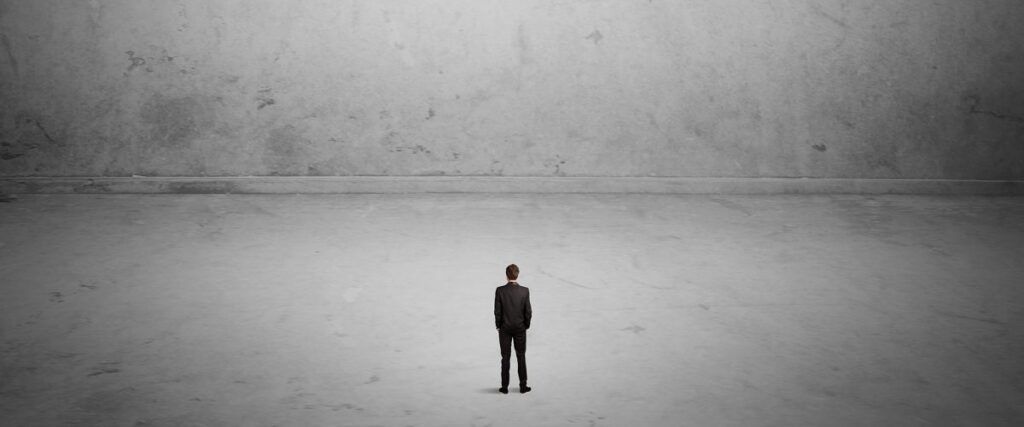I want to make the modest proposal that there is a dimension of religion, including Christianity, that properly transcends world affairs to focus on the state of individual character and the health of the soul.
I speak of the inner core of a human being, who we are in our deepest selfhood and the quiet place of encounter with God — the One who made us, before whom we live and to whom we gradually make our return through the course of our lives until we die.
This is not a shocking proposal, although one might describe it as unfashionable. Not too many people — even Christians, even theologians, even ethicists, even writers, even preachers — seem to talk about character and soul very much. We are fixated on other things — institutional ebbs and flows, cultural controversies and political developments.
St. Augustine would say that today even Christians tend to concentrate on the civitas terrena (the earthly city, focusing on worldly loves, ambitions, and power) eclipsing talk of the civitas dei (city of God, where the focus is on love of God and eternal salvation).
Dietrich Bonhoeffer would say we have either lost or confused the distinction between the “penultimate” realm of government, society and human affairs, and the “ultimate” realm of salvation, grace and faith. Many voices in the Christian tradition might suggest we have lost a sense of eternity amid the crashing waves of each day’s bitter news and endless conflicts.
Not only is this bad news for the realm of the spirit. I believe our handling of the penultimate affairs of the civitas terrena is negatively affected by the loss of the religious ultimate.
How so? In what might be described as our “ultimatizing” of the penultimate, our absolutizing of the relative, we have tended to magnify the significance of earthly struggles and problems, while downplaying the character factors that do so much to help shape people’s behavior on this earth. We also have weakened attention to what used to be understood as the ultimate matter of a human life — where a person stands coram deo, in the presence of God.
If we can’t get Christian preachers and theologians to talk about such matters with consistency and focus, to whom shall we turn?
This loss of an ultimate perspective also may subtly affect the way we look at those with whom we disagree in this world. Think of it this way. When we see all persons as sharing the most crucial commonalities — as made in the image of God, of inexhaustible worth to God, as responsible before God for their lives, as loved and offered salvation by God, as destined to decline and ultimately return to God, to be judged by God alone — that may help us avoid the temptation to absolutize our negative judgments of others’ politics and their values. But when that perspective is lost, we may set ourselves up as the ultimate judge of others’ lives.
Cue the caveats. As a Christian social ethicist, I care very, very, very deeply about the affairs of the civitas terrena. I never will be one of those otherworldly Christians who suggests worrying about social evils is unworthy of devout people. Read my books and articles over 30 years and this will be quite clear.
But you see, I am getting older. The generation ahead of me is dead, dying or declining. I see there comes a time in every person’s life when news headlines matter less and less and one’s spiritual readiness to meet the excruciating challenges of life’s last days matters more and more. I see there is a religious dimension of life that is simply not exhausted by culture wars, political fights and the endless crashing of the daily waves of bad news. I also see only a vital kind of religiosity can preserve that realm of the ultimate from being eroded beyond recognition.
A final word: It is more and more important to me to be a part of congregations in which leaders and people still know the difference between the ultimate and the penultimate. In which talk of character and soul and eternity are not passé. In which it is understood that life is a spiritual journey that has a dimension not exhausted by everyday affairs. And in which, however inchoately, it is understood that those daily affairs are themselves handled better by people who know that life consists of more than this — people who “look forward to the city that has foundations, whose architect and builder is God.”
This article first appeared on Baptist News Global.

